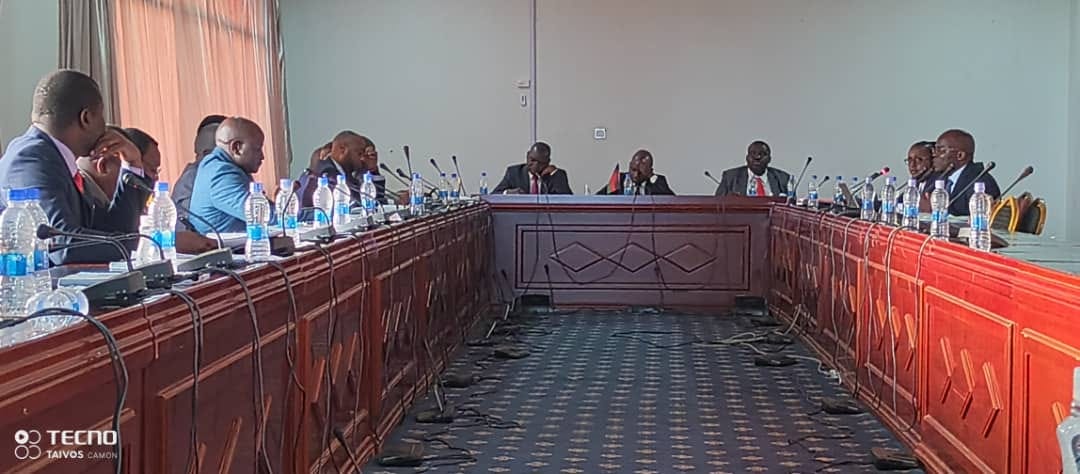Escom refuses to pay K82 billion to EGENCO "for energy that has not been delivered"
Chief Executive Officer of ESCOM, EGENGO charged them K260 billion but they only paid them K178 billion for electricity delivered.
Malawi: In testimony before the joint Parliamentary committees on Natural Resources and Climate Change, Legal Affairs, Public Accounts (PAC), and Trade and Industry, ESCOM stated that they cannot pay billions of Kwachas for energy that has not allegedly been delivered.
According to Kamkwamba Kumwenda, Chief Executive Officer of ESCOM, EGENGO charged them K260 billion but they only paid them K178 billion for electricity delivered.
"We will not hand over the money. If the government so desires, we should simply pass it on to customers, or they should simply write it off,” he stated.
Kumwenda also stated that EGENCO has been supplying them with insufficient power, resulting in daily load-shedding.
He said: "What they are giving us is insufficient. We sell what is given to us. EGENCO is the market's largest supplier. So, if EGENCO does not provide us with power to supply to customers, we must load-shed even if we have solar, because solar cannot function without EGENCO power. They must complement one another."
Kumwenda said since 2018, ESCOM has received an average power of 68%.
“However, we require a total of 400 megawatts to address the issue of load-shedding, not the 200 megawatts that they are providing,” he elaborated.
He added that if the tariff increase is approved, it will help them deliver their services more efficiently.
"We do not have the resources to improve the network. We can't buy materials, and people are complaining that we can't connect. The system has been neglected for five years, which is why we have numerous breakdowns. So, if the tariff is raised, there will be more money to buy materials to maintain the network as well as to upgrade the system,” Kumwenda said.
According to Peter Dimba, co-chair of the committee, ESCOM's case of refusing to pay EGENCO K82 billion makes a lot of sense because ESCOM cannot pay for services that they did not consume.
"Yes! Their case makes a lot of sense because ESCOM was built on available capacity rather than the available energy or energy that was given to them. It's essentially the same as asking them to pay for something they didn't use. You do not pay for services that you do not use,” he stated.
Dimba suggested that the country invest more in power generation to avoid load-shedding problems.
"It defies logic to have less than 500MW of power in a country the size of Malawi. We simply need to increase our investment in power generation. We need more investments in hydropower and wind power, not just solar power because we cannot develop our industries and grow economically if our power is still less than 500MW,” Dimba elaborated.





